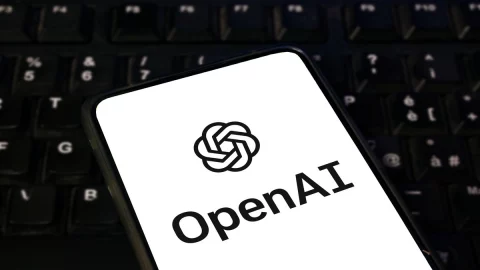The war of European institutions against American Big Tech continues, but this time at least one of them manages to assert its reasons. In fact, while Google got yet another fine from the Antitrust, in this case a maxi fine of 102 million, for abuse of a dominant position, in Brussels it instead won the first round at the EU Court Amazon, which was under investigation for an agreement with two Luxembourg companies for the exploitation of its brand. According to the European Commission, guided in this type of initiative by the vice president Margrethe Vestager, the ruling was to be considered State aid incompatible with the Community market. The royalty was in fact too high and the company that paid it (LuxOpco) had thus benefited from a reduction in the tax base. The decision dates back to 2017, but both Jeff Bezos' company and Luxembourg itself had filed an appeal, which was accepted at first instance: according to the judges, there was no tax advantage for the Luxembourg branch of Amazon.
However, Vestager herself did not give up, announcing: "We will carefully analyze the sentence and evaluate possible subsequent moves". The decision caused discussion, also because the EU Court itself has instead condemned a similar affair Engie, the French energy group. This side of the Alps was also condemned Google, in this case by our Competition and Market Authority, which imposed a fine of over 100 million euros on the companies Alphabet Inc., Google LLC and Google Italy Srl for violation of art. 102 of the Treaty on the Functioning of the European Union. The accusation is therefore of abuse of a dominant position since the Android operating system and the Google Play app store (the one used to download the various apps onto the smartphone and in Italy it is used by 3 out of 4 mobile phones) "allow the US giant to control the access of app developers to end users”, writes the Antitrust. The specific case concerns the Enel X JuicePass app, to which the Google system would not have allowed interoperability with Android Auto, the functionality for those who use their smartphone while driving.
"Google - continues the Authority -, by refusing Enel X Italia to make JuicePass available on Android Auto, has unfairly limited the possibilities for users to use the Enel X Italia app when they are driving an electric vehicle and need recharge. Thus Google favored its own Google Maps app, which can be used on Android Auto and allows functional services for recharging electric vehicles”. According to the Antitrust Authority, the exclusion of JuicePass from Android Auto it has been going on for over two years: "The persistence of this behavior could definitively compromise the possibility for Enel X Italia to build a solid user base, in a phase of significant growth in the sales of electric vehicles". In addition to the fine, Google was warned: it will therefore have to make itself available to Enel X to put an end to the abuse. The Antitrust "will supervise the effective and correct implementation of the obligations imposed, availing itself of an independent expert".
On the decision immediately came Google's reply: “We respectfully disagree with the decision of the AGCM, we will review the documentation and evaluate the next steps”. “Android Auto's number one priority is to ensure that apps can be used safely while driving. That's why we have strict guidelines on the types of apps we support, based on industry regulatory standards and distraction-driving testing. There are thousands of applications compatible with Android Auto, and our goal is to enable even more developers to make their apps available over time. For example, we have introduced reference models for navigation, electric car charging and parking apps that are open and available to developers.”




